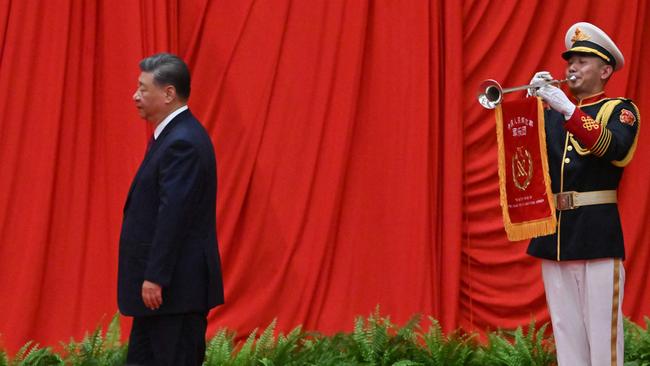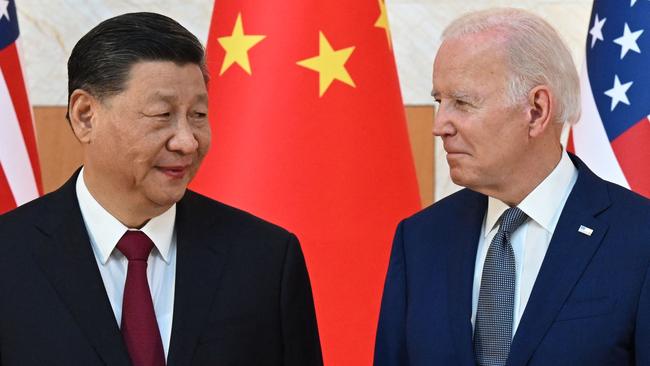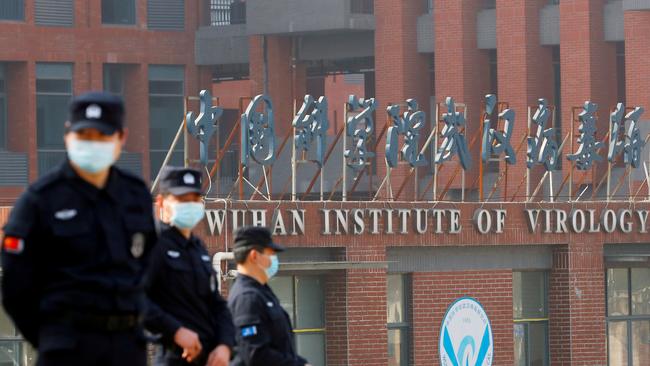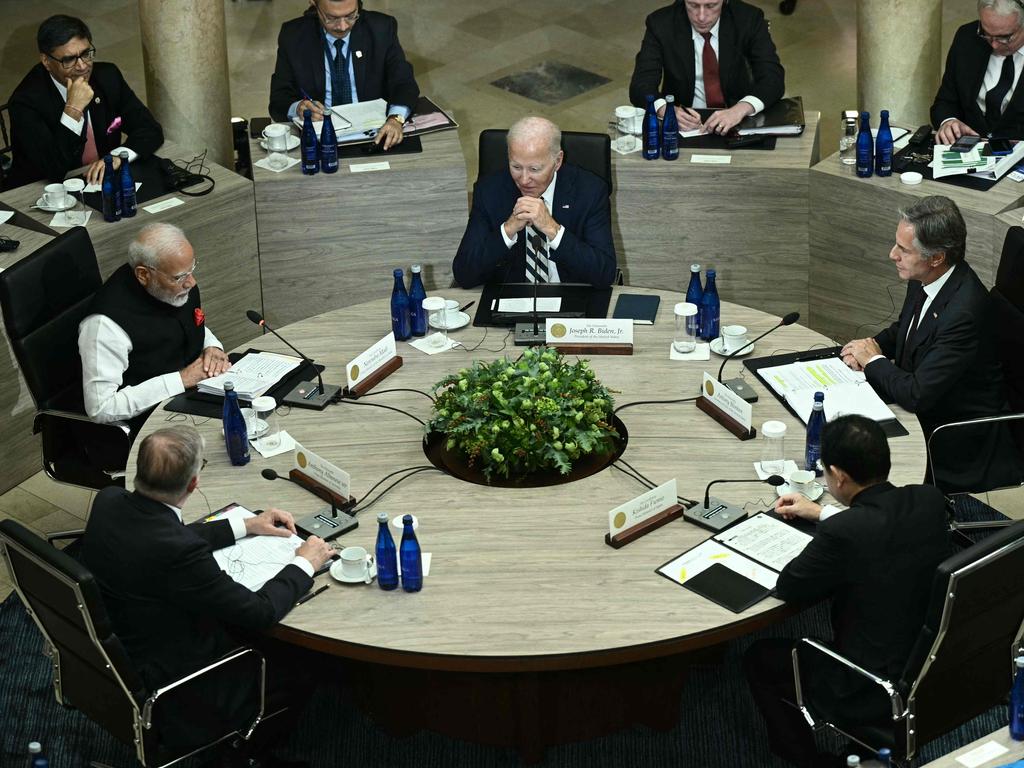Why US alliance must unite against China’s trade coercion

The Biden administration has upgraded its individual security partnerships, often called the “hub and spoke” alliance system, with an Indo-Pacific latticework of multilateral security, political and diplomatic partnerships. In the past year, two key partnerships have been formed: one between the US, Japan and South Korea, and another between the US, Japan and The Philippines. We can further isolate China by confronting Beijing’s economic tactics, the area in which its determination to dominate is most apparent. It uses coercion, mercantilism and debt-trap diplomacy to crush competition and control countries. To punish neighbouring nations for adopting stances that go against its wishes, China has boycotted them, imposed regulatory measures and created export restrictions. But China’s economic strategy provides the same opportunity for deterrence that its wolf-warrior diplomacy does on the political front.

Australia offers a valuable lesson in how to counter Beijing. After Canberra called for an independent inquiry into Covid’s origins in 2020, China imposed tariffs and trade restrictions on Australian coal, beef, barley, wine and other goods. By taking advantage of its network of allies, Australia expanded its markets and reduced its dependence on China. Refusing to capitulate, Australia ultimately forced Beijing to back down.
Lithuania rallied similar support from partners in 2021 when China used trade as a weapon against the Baltic state after Taiwan opened a trade office there. The incident prompted the European Union to adopt an Anti-Coercion Instrument, a toolbox of economic countermeasures. Australia and Lithuania provide a blueprint for the way forward.
China’s mercantilist strategy is as pernicious and persistent as its economic coercion. The country’s dumping of subsidised steel has triggered protests from the EU and even from nations friendlier to China like Brazil, Mexico and South Africa. Chile’s largest steelmaker, unable to compete with cheap Chinese imports, closed its plant in September, affecting some 20,000 people directly and indirectly. As China continues to export its domestic economic woes to the world, electric vehicles and critical minerals represent the next major battles.
Beijing also uses debt-trap diplomacy to ensnare countries in its web. According to the Wilson Center, around 80 per cent of Chinese government loans to developing countries have gone to nations in debt distress. Many nations that have borrowed from China to fund infrastructure projects have faced a Hobson’s choice of cutting domestic spending to repay loans or losing control of ports and rail networks. Sri Lanka experienced this in 2017, when it was forced to hand over control of a port to China after being unable to repay loans. The Kenyan president’s chief economic adviser highlighted in a tweet last year the African nation’s dilemma of having to choose between repaying loans and paying government employees: “Salaries or default? Take your pick.”

Princeton political scientist Aaron Friedberg argues a trade-defence coalition could reduce its members’ exposure to China. To be effective, such a coalition would need the economic equivalent of the North Atlantic Treaty Organisation’s Article 5 – an attack on one is an attack on all – at its core. Countries would support allies under economic assault with a unified response.
Countermeasures would be critical. For example, updating the US’s 1977 International Emergency Economic Powers Act for the digital economy and the Chinese challenges could deter coercion and mercantilism.
Further, individual nations and institutions like the International Monetary Fund need to revamp and streamline their loan programs to assist recipient countries better. We should also proactively educate the public about the true costs of borrowing from China to prevent nations from signing away their sovereignty.
China has provided the free world with an opening. The US must now further integrate economic statecraft into its wider strategic plans. This is what it did during the Cold War in its successful containment of the Soviet Union. Its “strong resistance” to Soviet expansionism, as US diplomat George F. Kennan advocated in his famous 1946 Long Telegram, was accomplished through integrated political, security and economic policies.
The US has started to turn the tables on China’s regional belligerence by exploiting the inherent weakness of its actions. By employing President Biden’s multilateral approach and adding new economic countermeasures, we can curtail China’s aggression. Most important, we can provide allies and friends in the developing world with the economic leadership necessary for these times.
Rahm Emanuel is US ambassador to Japan. This article was first published in The Wall Street Journal.




China’s operating principle – power and might equals right – is evident in its combative diplomacy, military aggression against its Indo-Pacific neighbours, and economic coercion. These strategies, however, have backfired. China’s attempts to undermine its neighbours’ sovereignty have had the opposite effect. Over the past three years, the US and its allies in the region have strengthened partnerships and transformed the security landscape, isolating China.